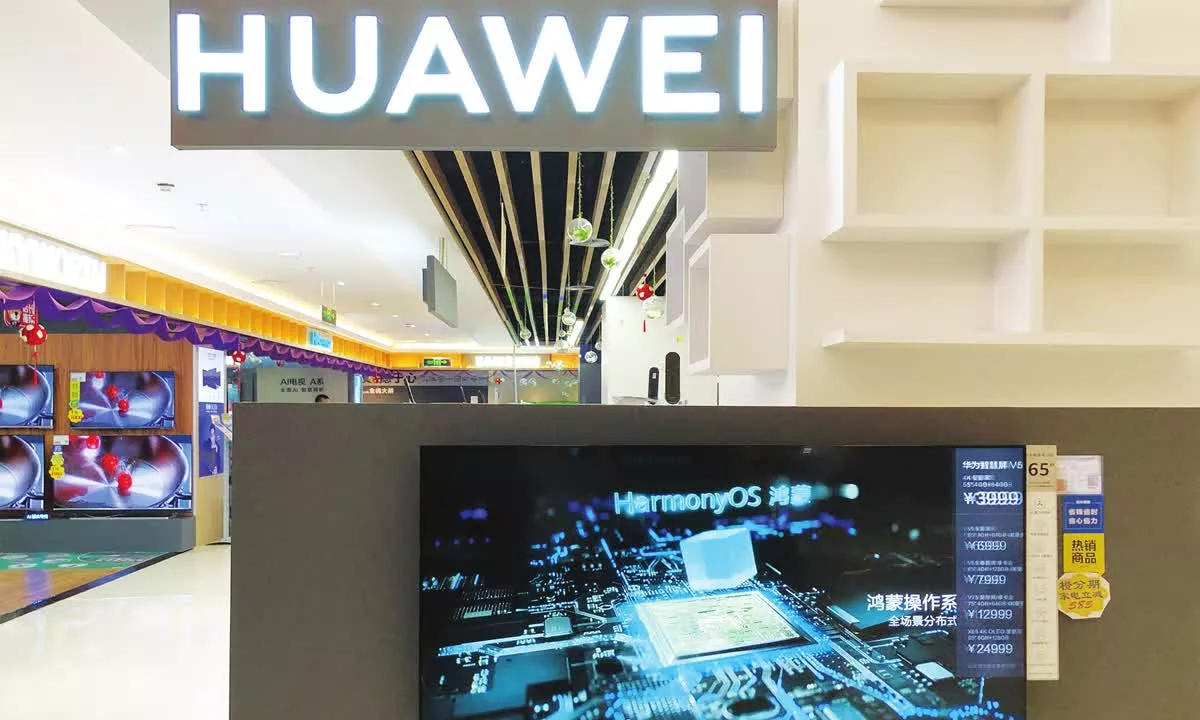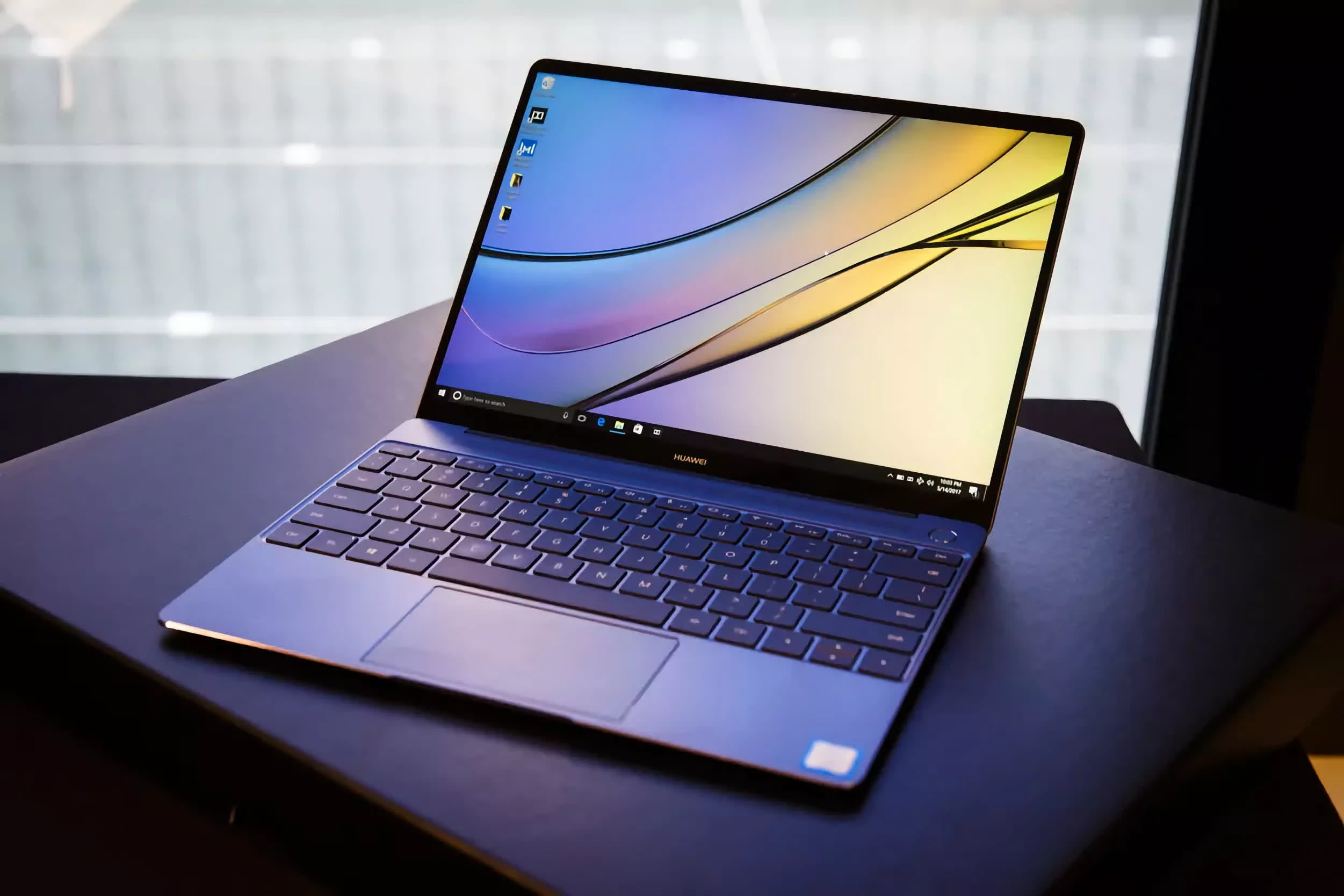Big if True: Huawei officially launched the first version of HarmonyOS in 2019, debuting it alongside the company's Honor Smart TVs. Now, the Chinese conglomerate is reportedly ready to take its ambitious project for a fully independent operating system to the next level.

Huawei is nearly ready to ditch Windows and adopt HarmonyOS as its primary PC operating system. According to Yu Chengdong, who heads the company's consumer business group, the PCs currently being sold by Huawei will be the last to feature Microsoft's "Western" OS. The next batch of Huawei computers will include HarmonyOS Next, the upcoming iteration of the operating system, which is expected to launch by the end of 2024.
HarmonyOS was initially developed from Android's Open Source Project (AOSP) and the Linux kernel, which provided a high level of compatibility between the new OS and existing Android apps. The original distributed operating system is now being reshaped as HarmonyOS Next, a microkernel-based system with no traces of AOSP code or residual Android compatibility.
The operating system will exclusively support its own format of native applications, which, according to the project's page, include a mix of JavaScript (JS), TypeScript, and an optimized compiler designed to speed up the execution of JS code. Analysts estimate that Huawei is responsible for around 10 percent of the 40 million PCs sold annually in China, with Lenovo and HP being the other major players in the local market.
Lenovo, the Beijing-based giant currently holding the top spot in the global PC market, doesn't seem interested in replacing Windows with HarmonyOS (Next) anytime soon. However, this could change in the future, as the US and other Western countries might decide to increase pressure on Chinese technology companies through new sanctions and trade limitations.
Huawei has invested significant resources into HarmonyOS Next, but the new operating system may not be ready to replace Windows or even Android for end users. According to a recent report, Huawei's ambitious "declaration of independence" has produced very few gaming apps.
The operating system apparently lacks support from game developers, and the few apps available for the platform are either in demo form or missing essential features. Developers are being pressured to ship new "patriotic" code, but the user experience is suffering, and consumers are not exactly thrilled with the final results.
Meanwhile, the Chinese propaganda outlet Global Times (GT) is portraying HarmonyOS as a product accepted by "many customers" already. GT claims that more than 10,000 apps and services are available on the platform, and high-profile clients, such as the Shanghai municipal government, are developing HarmonyOS native apps to provide administrative services.
Huawei will replace Windows with homegrown HarmonyOS in upcoming PCs
